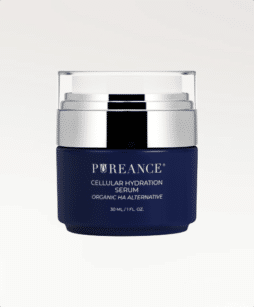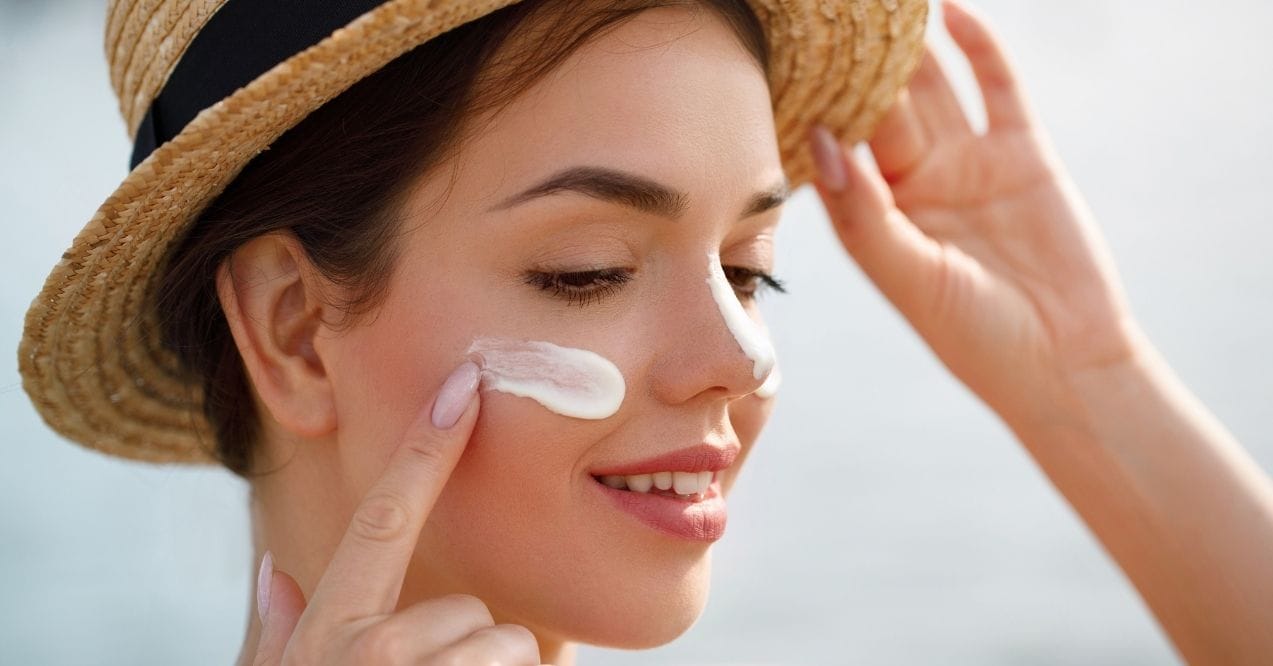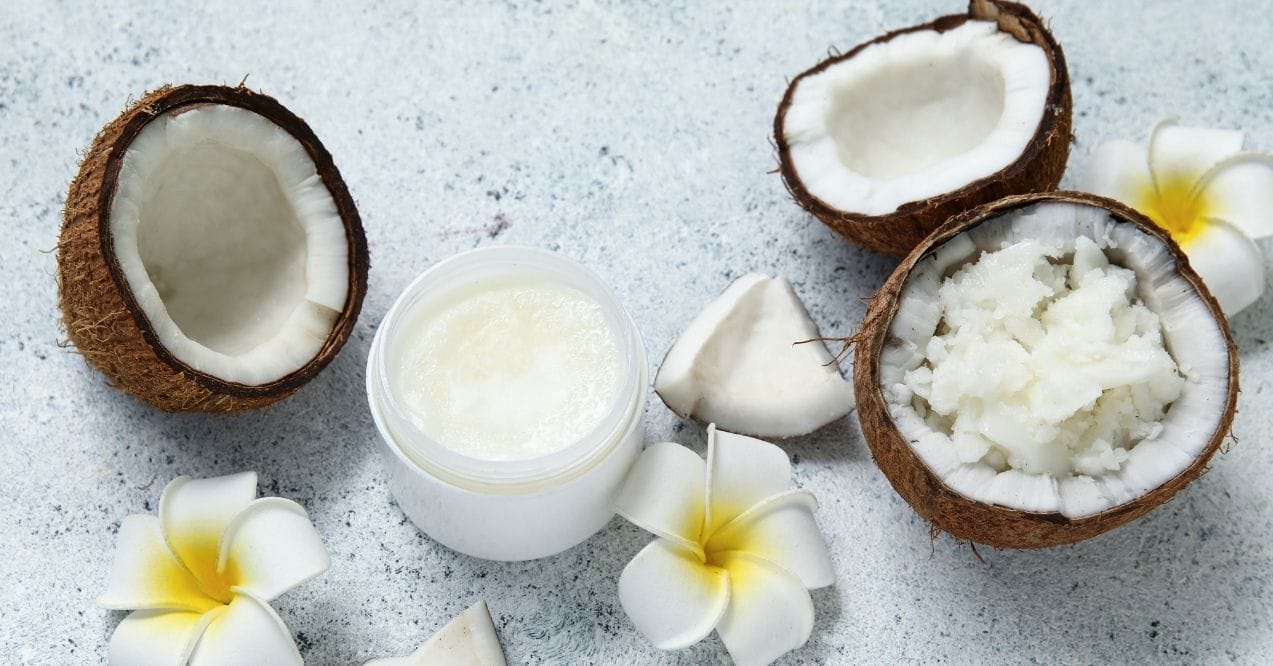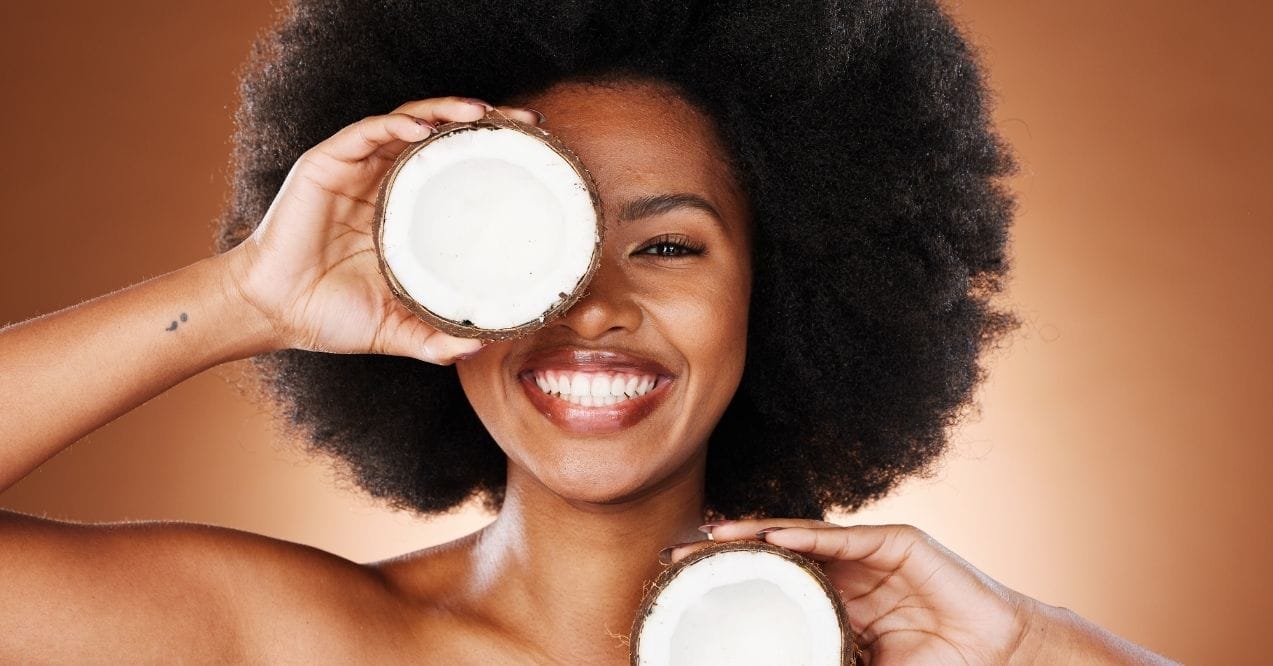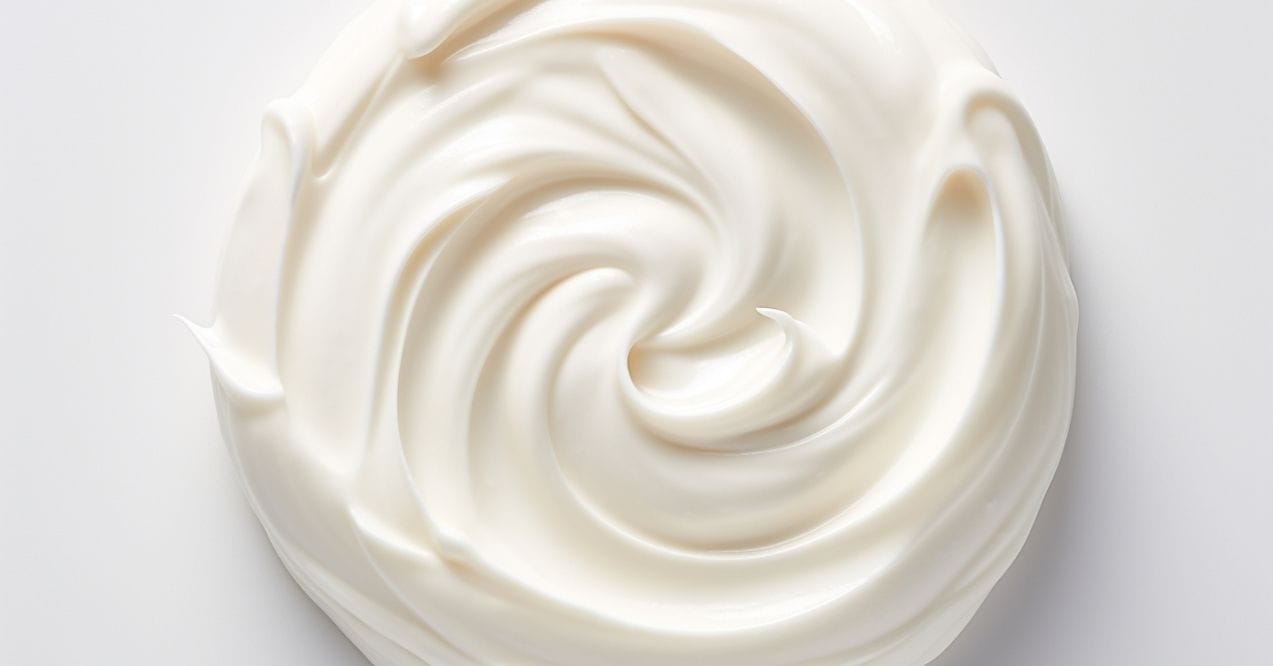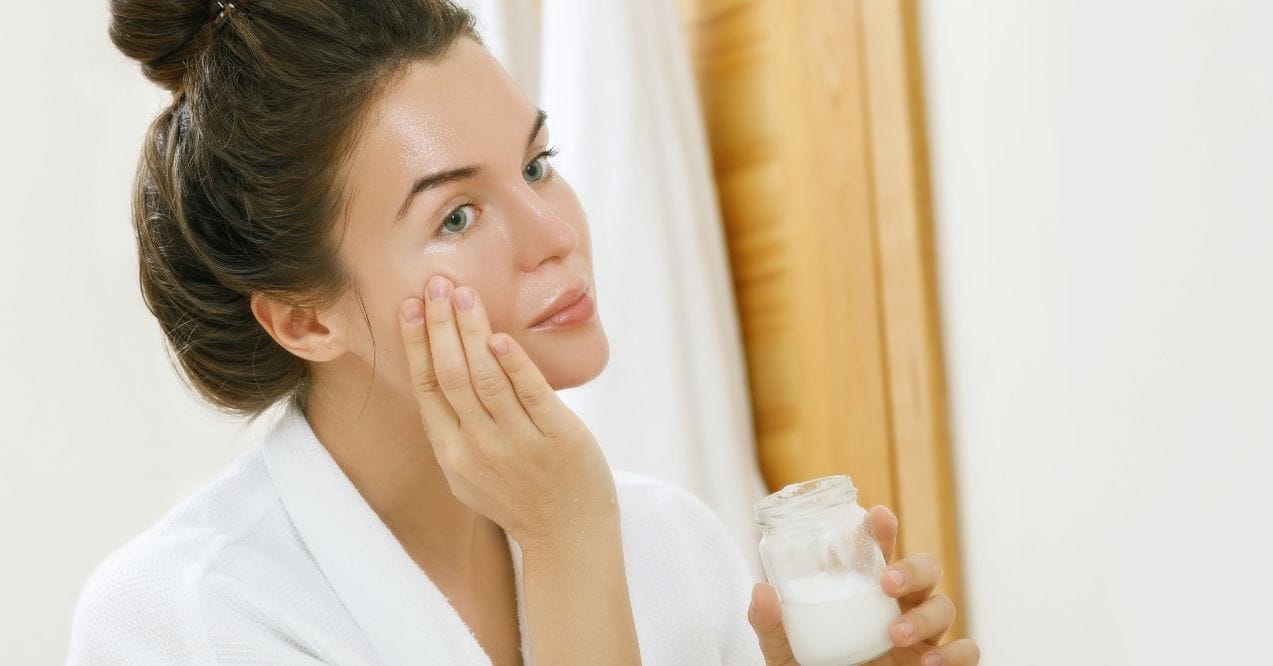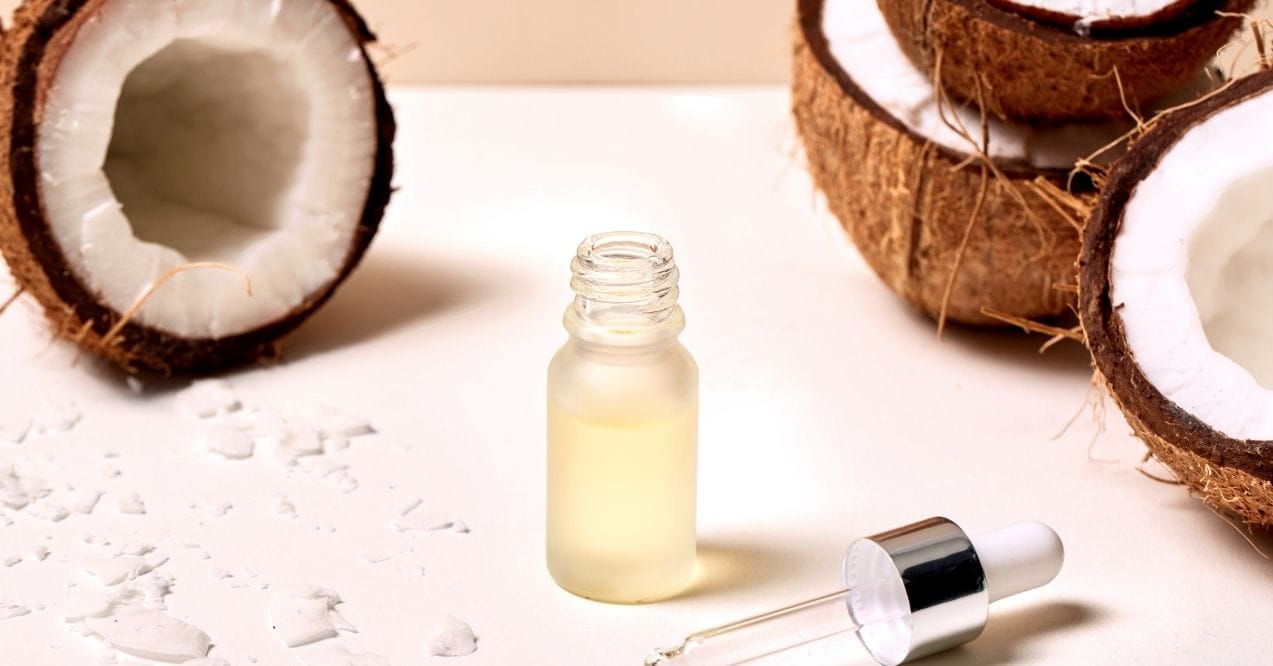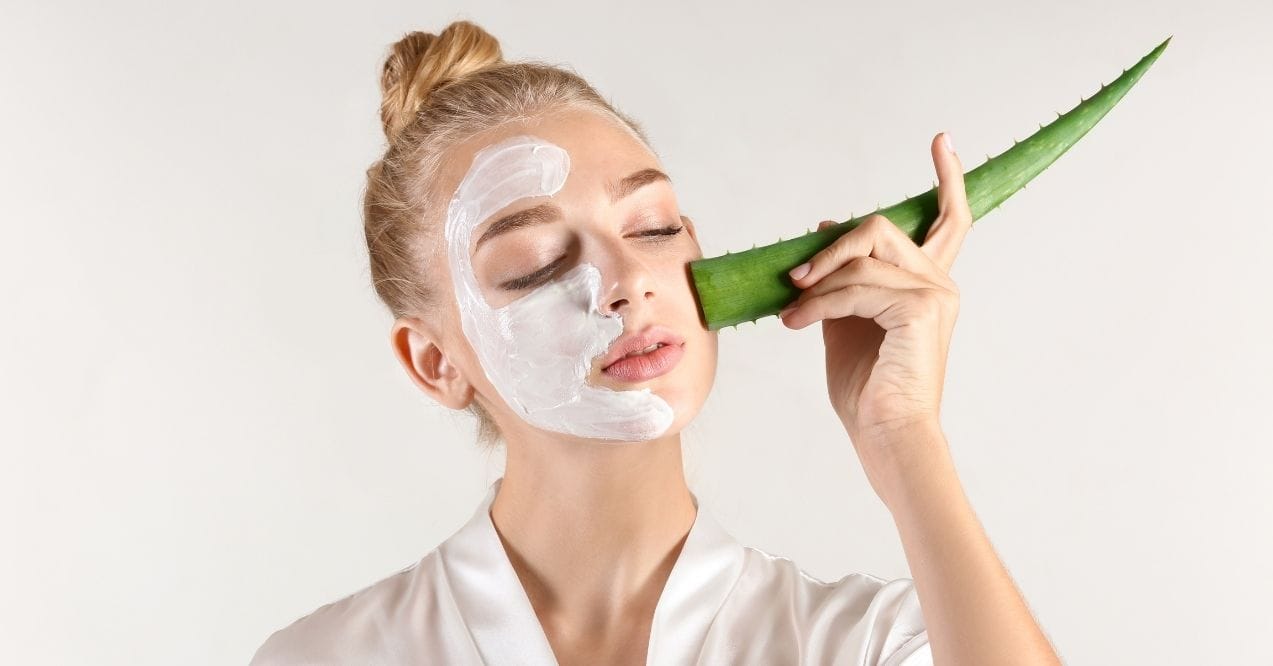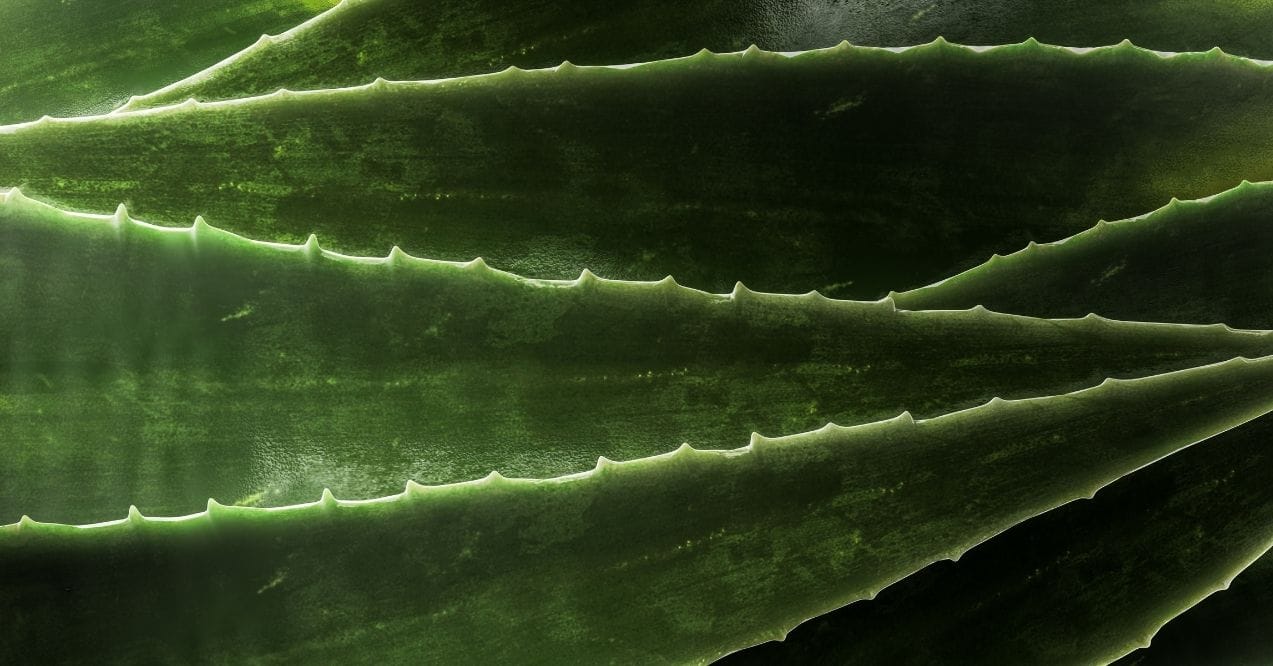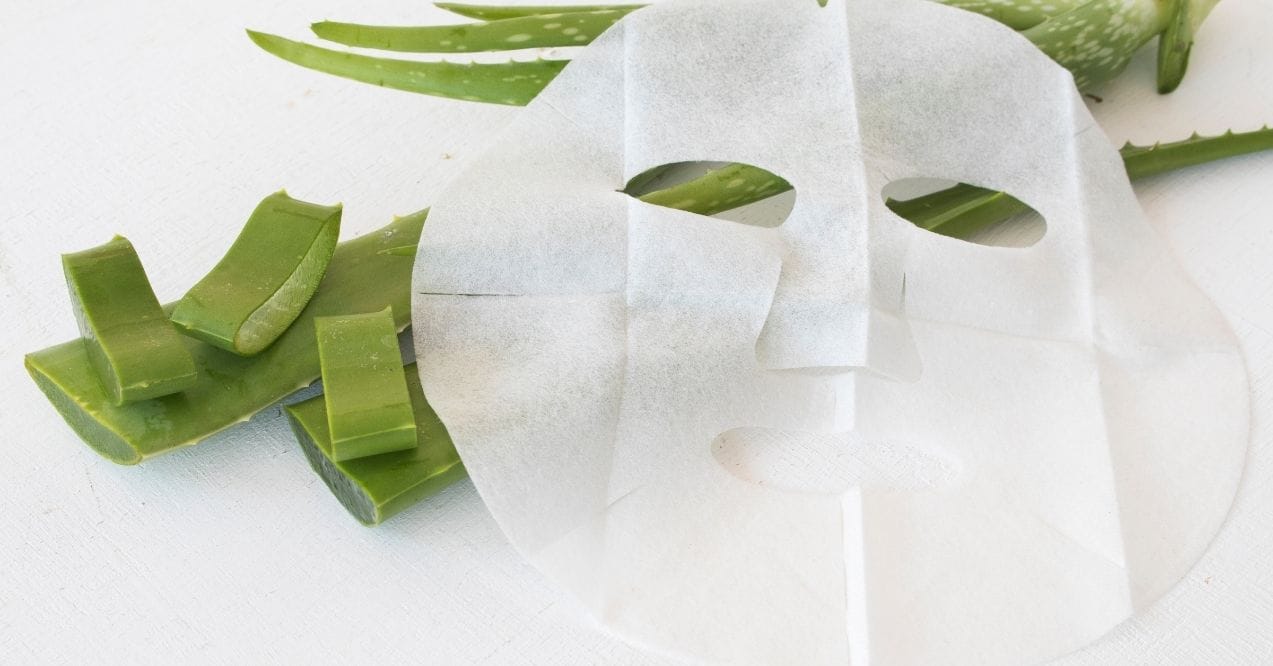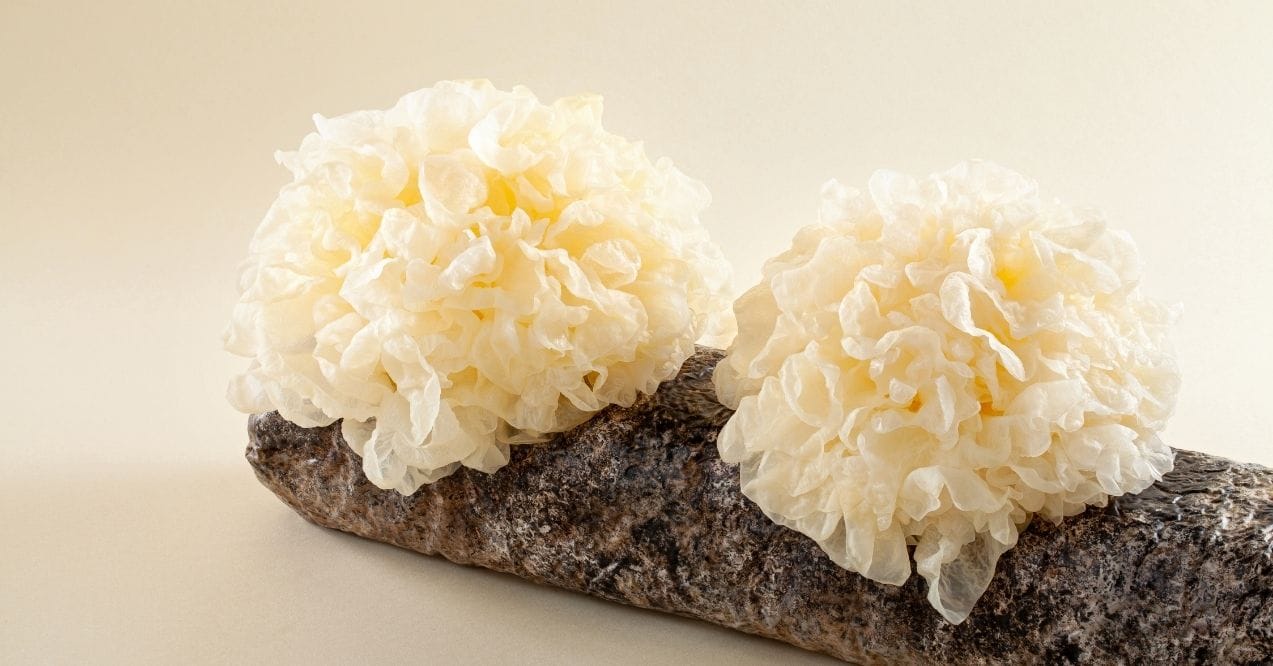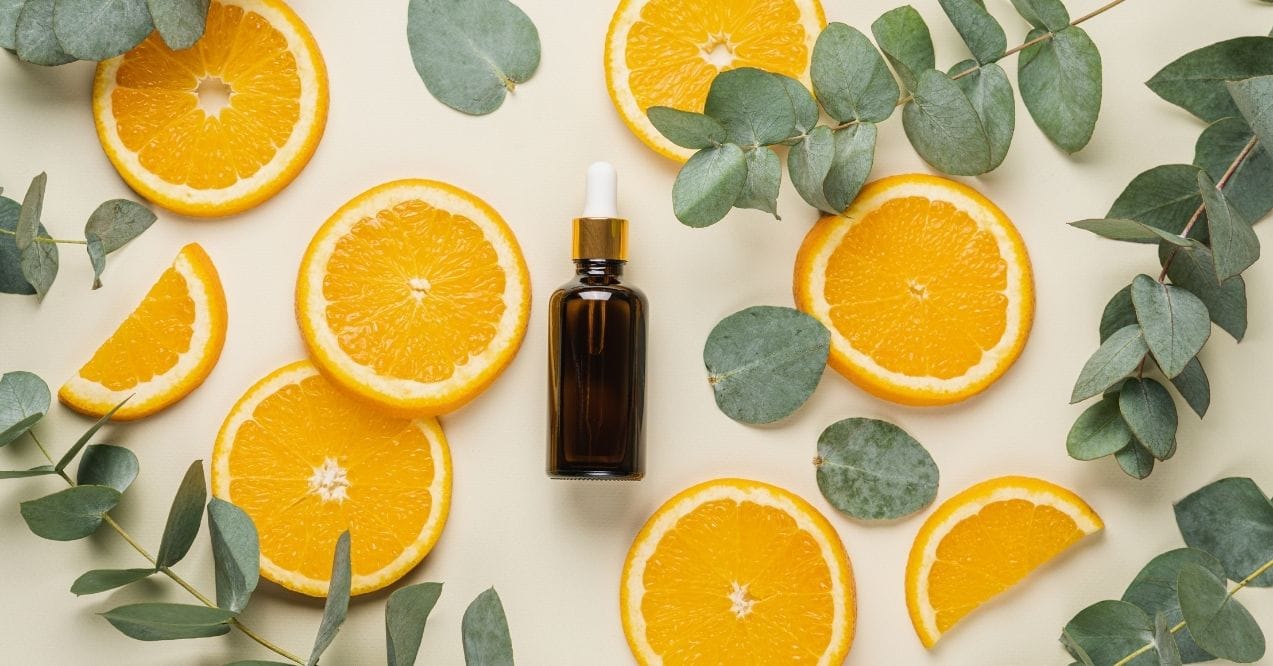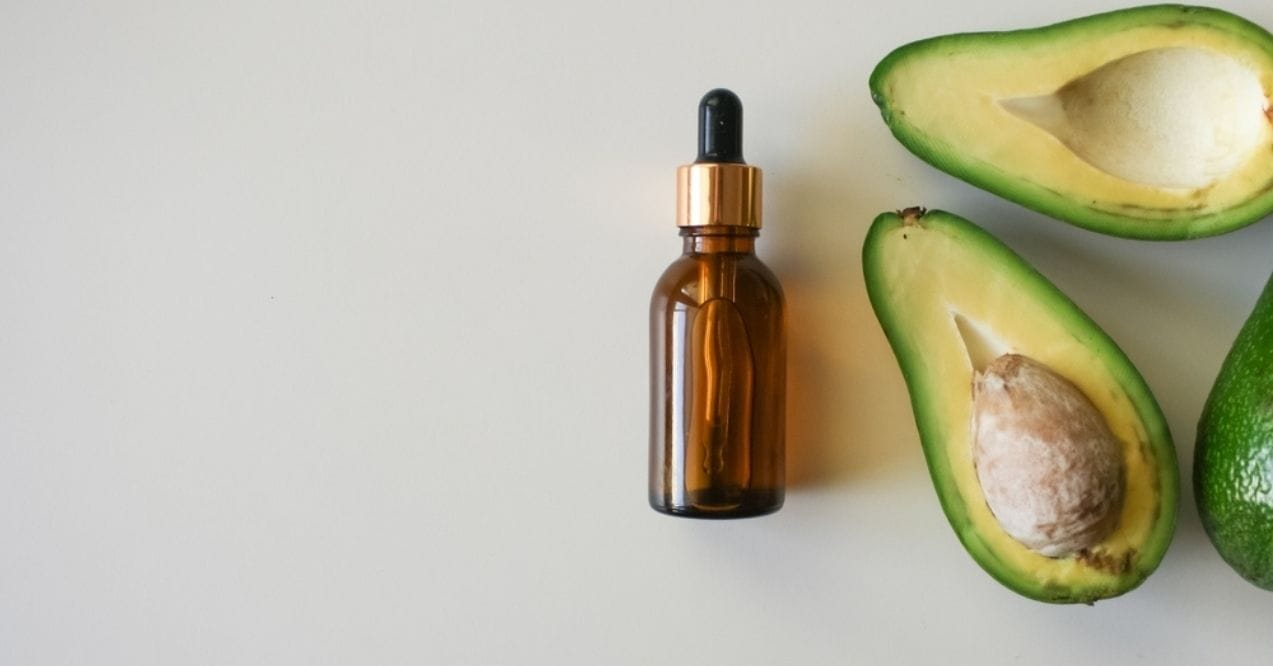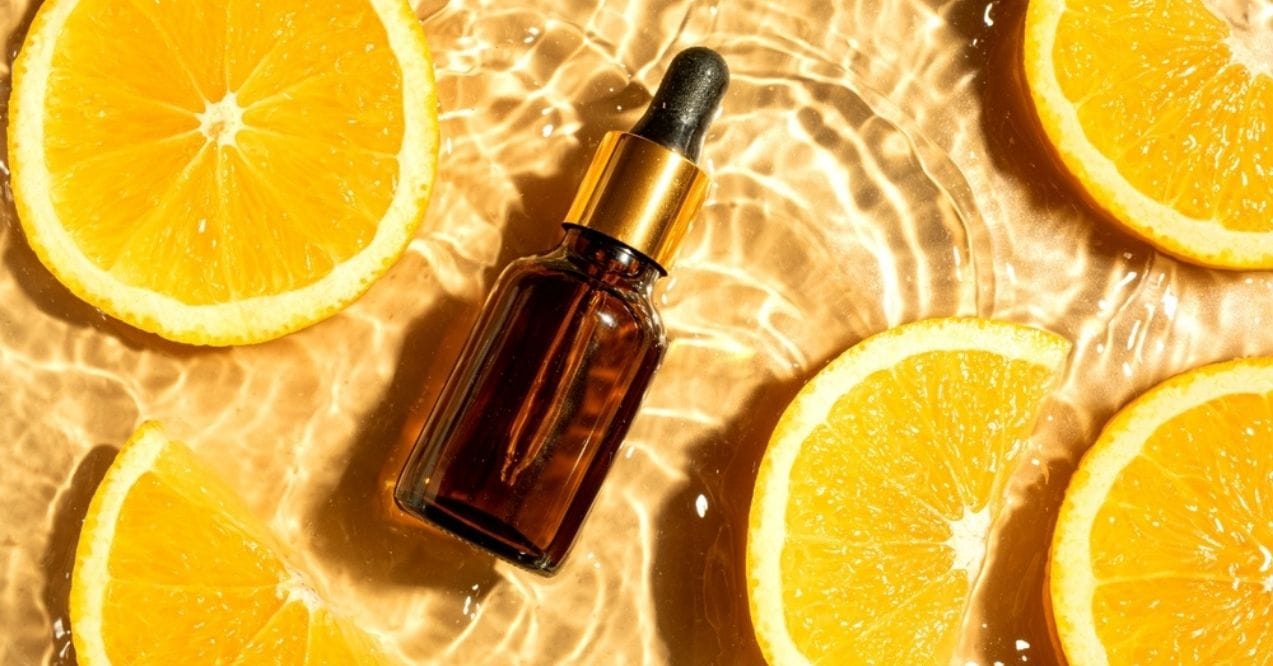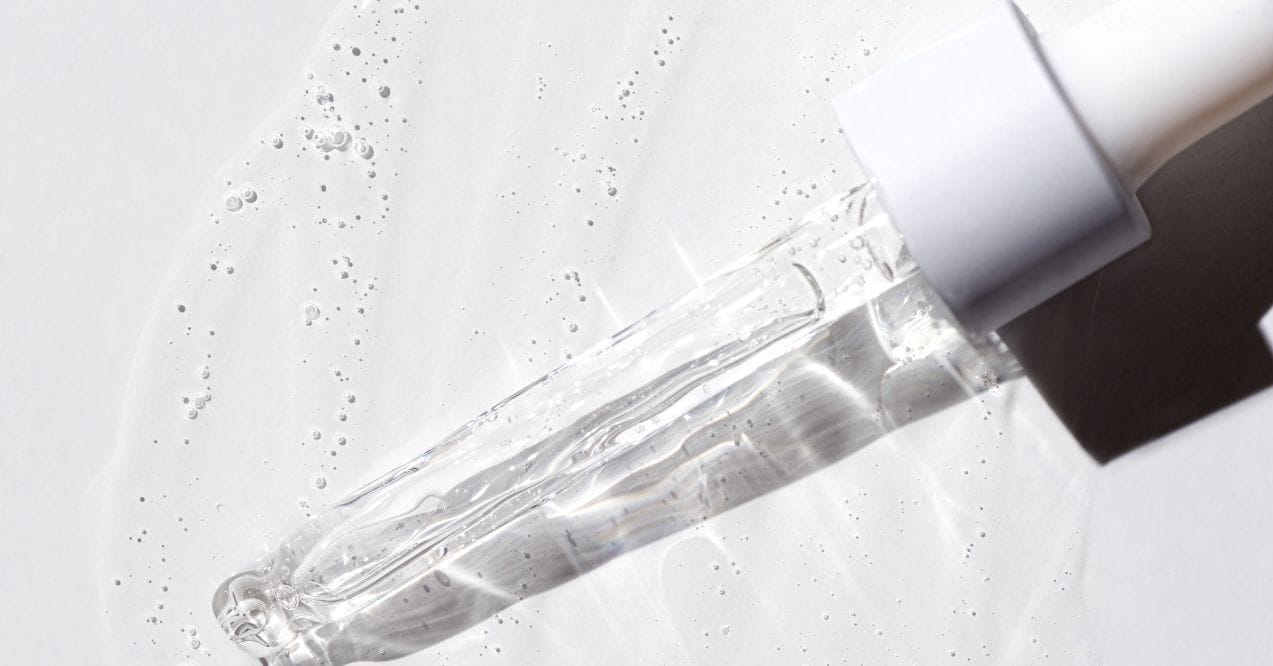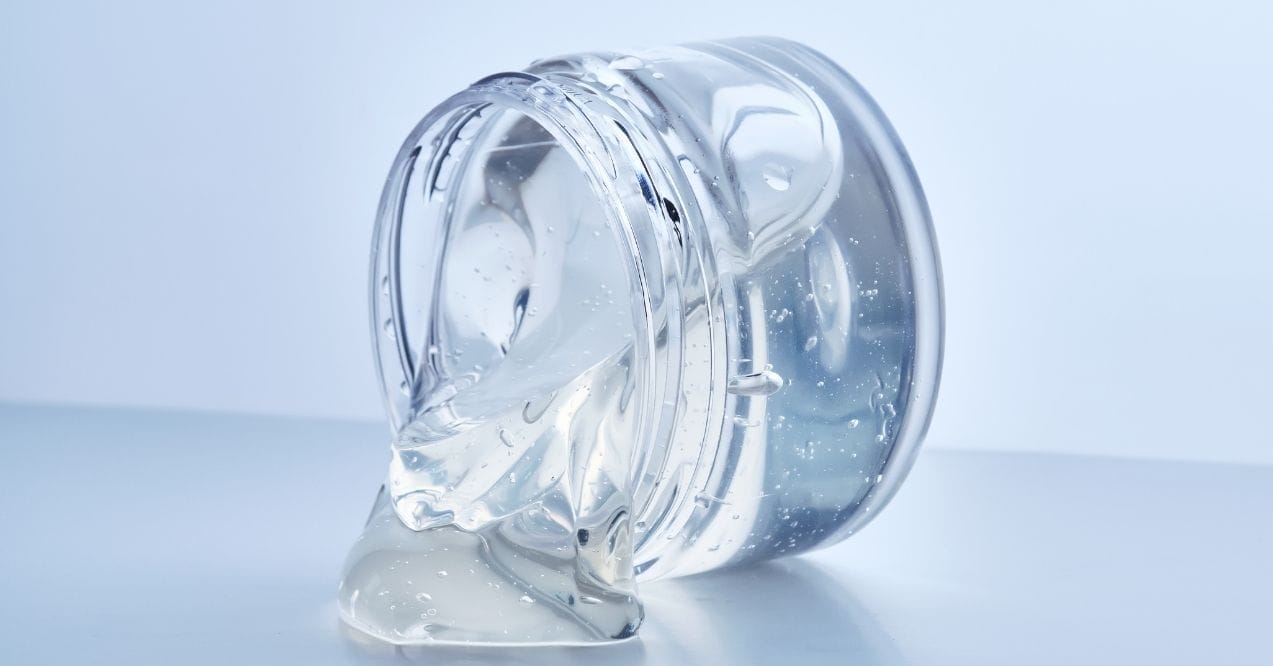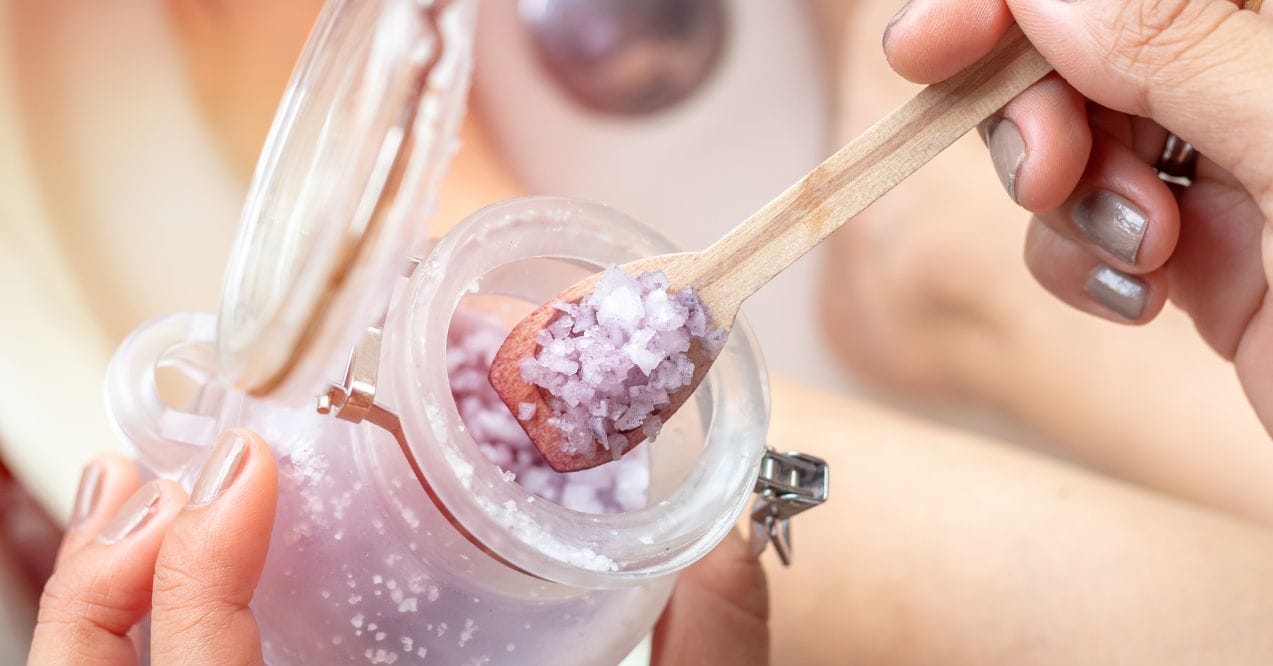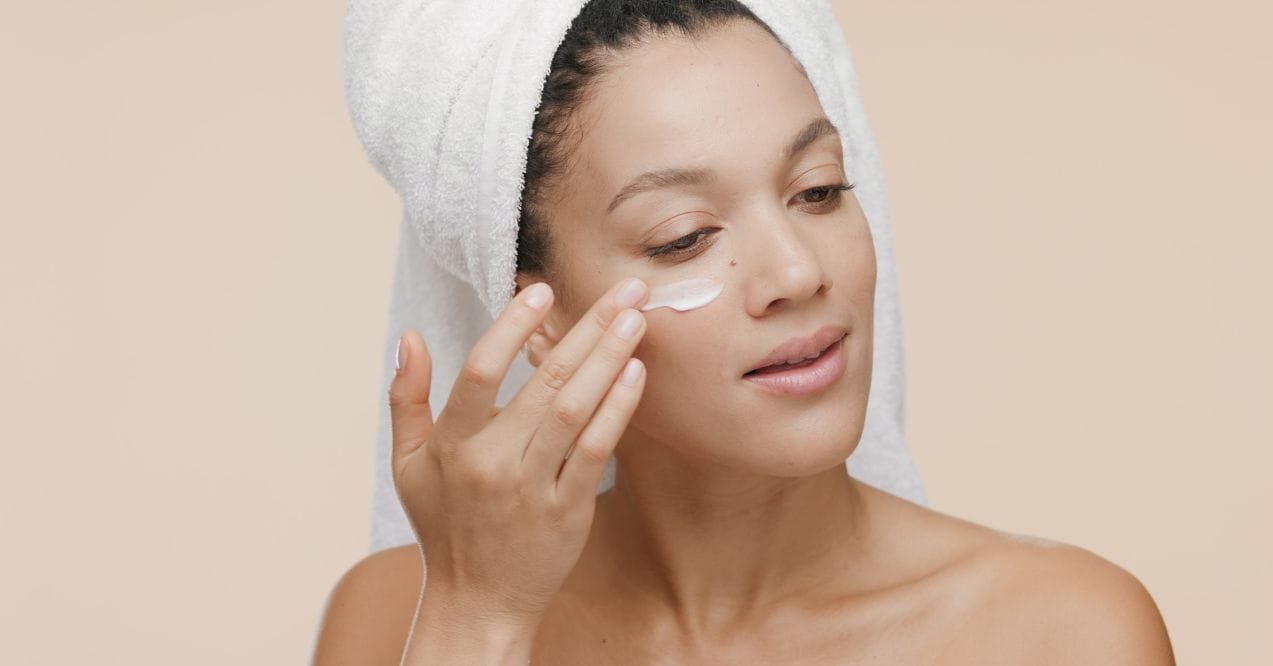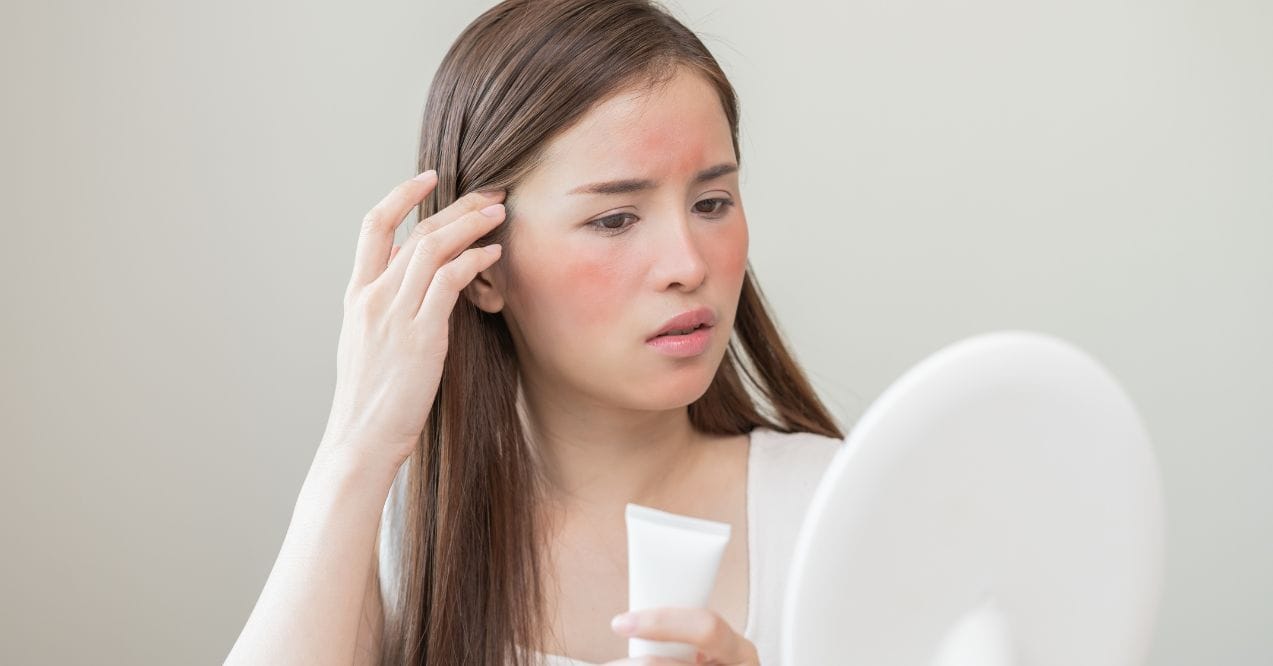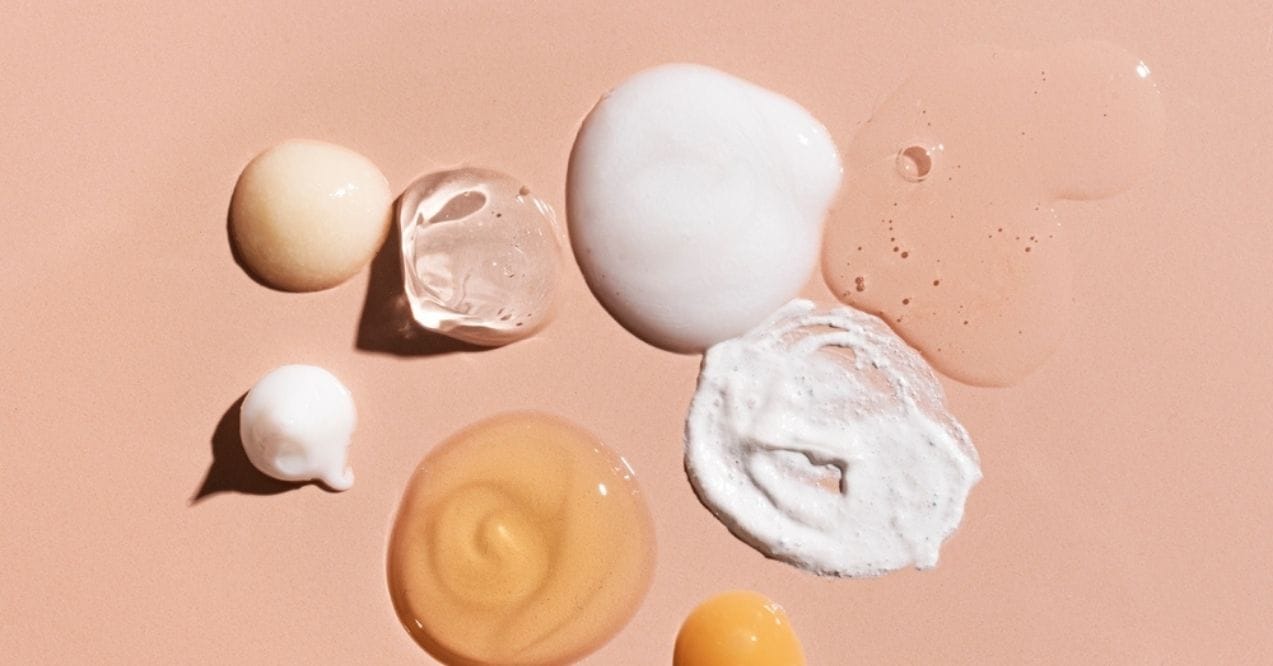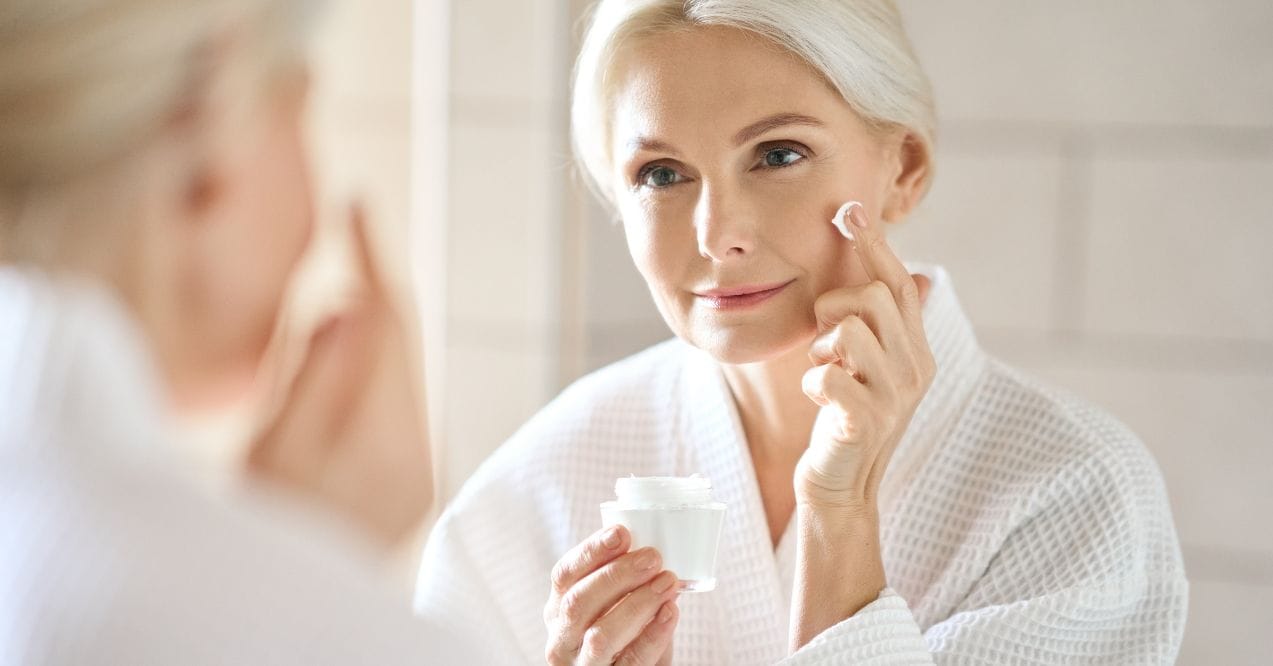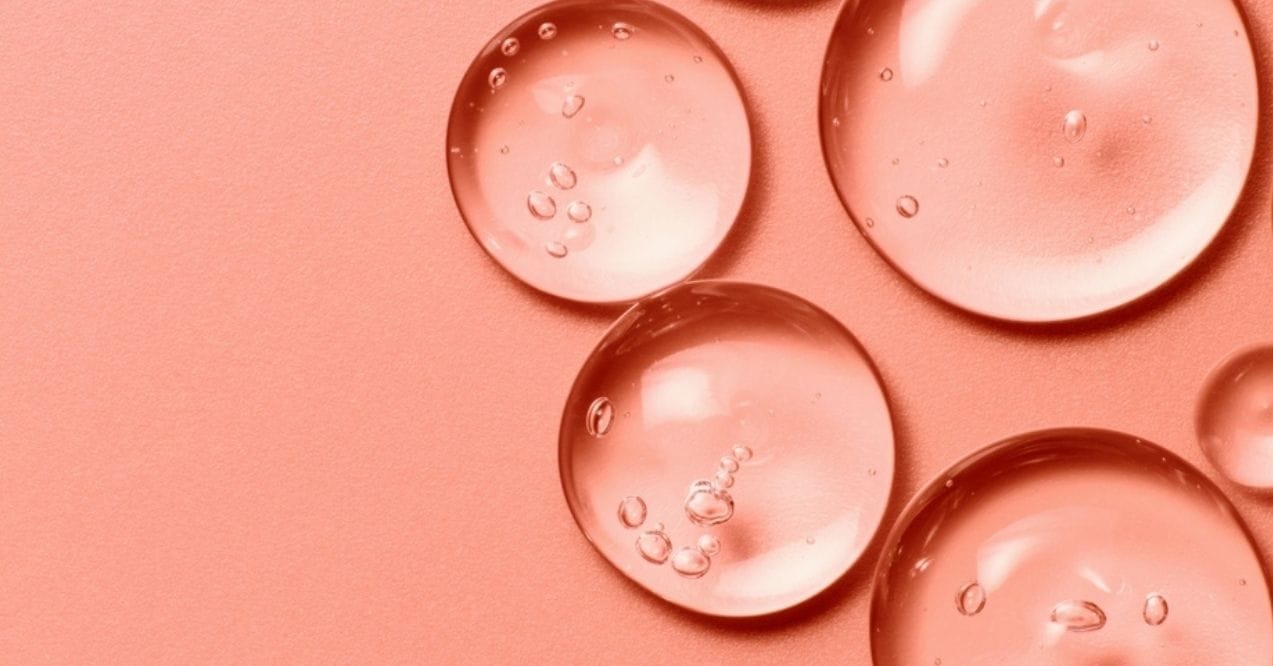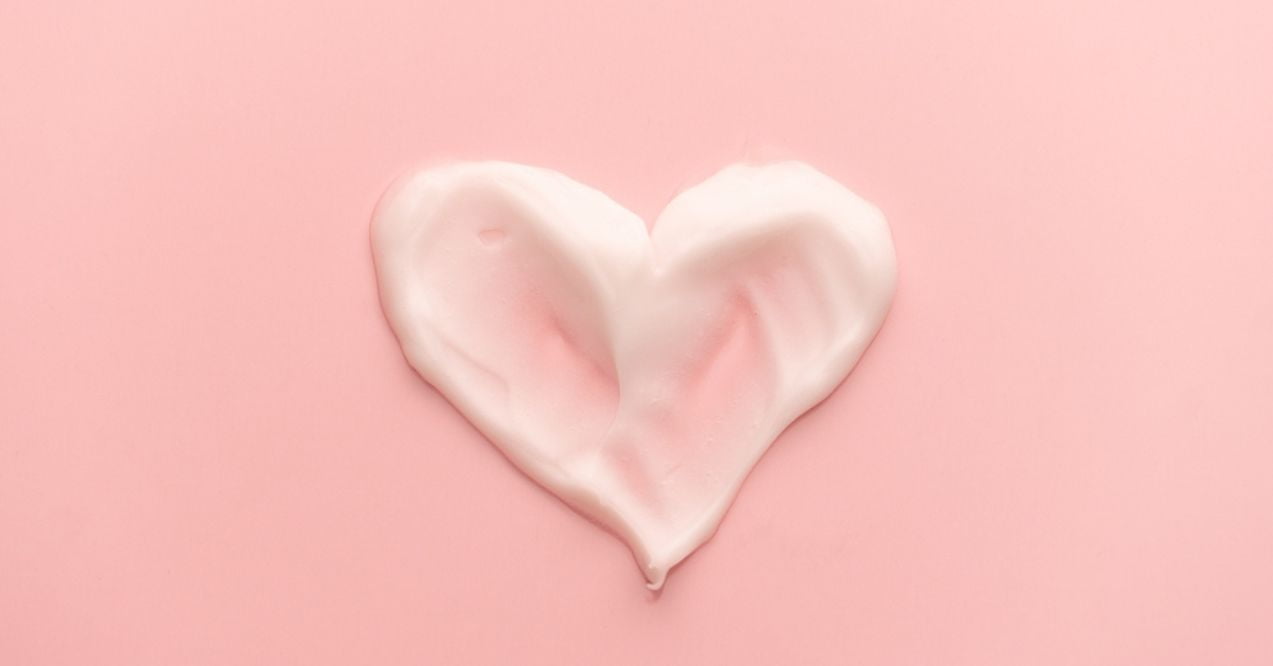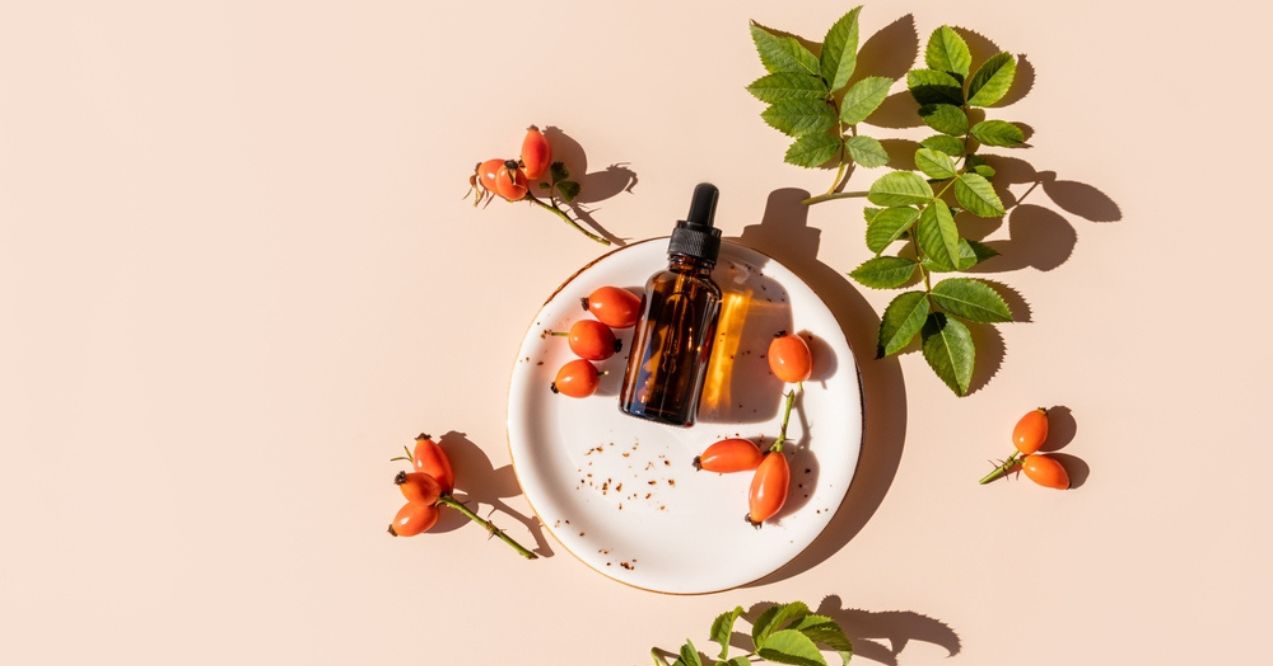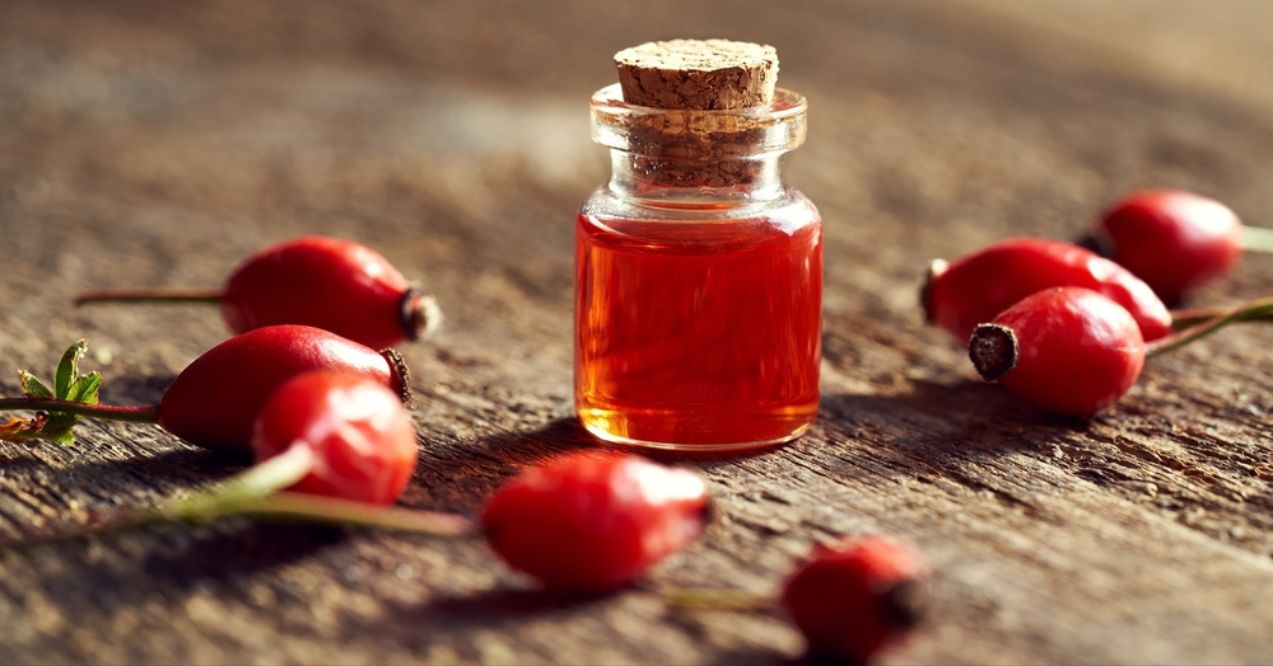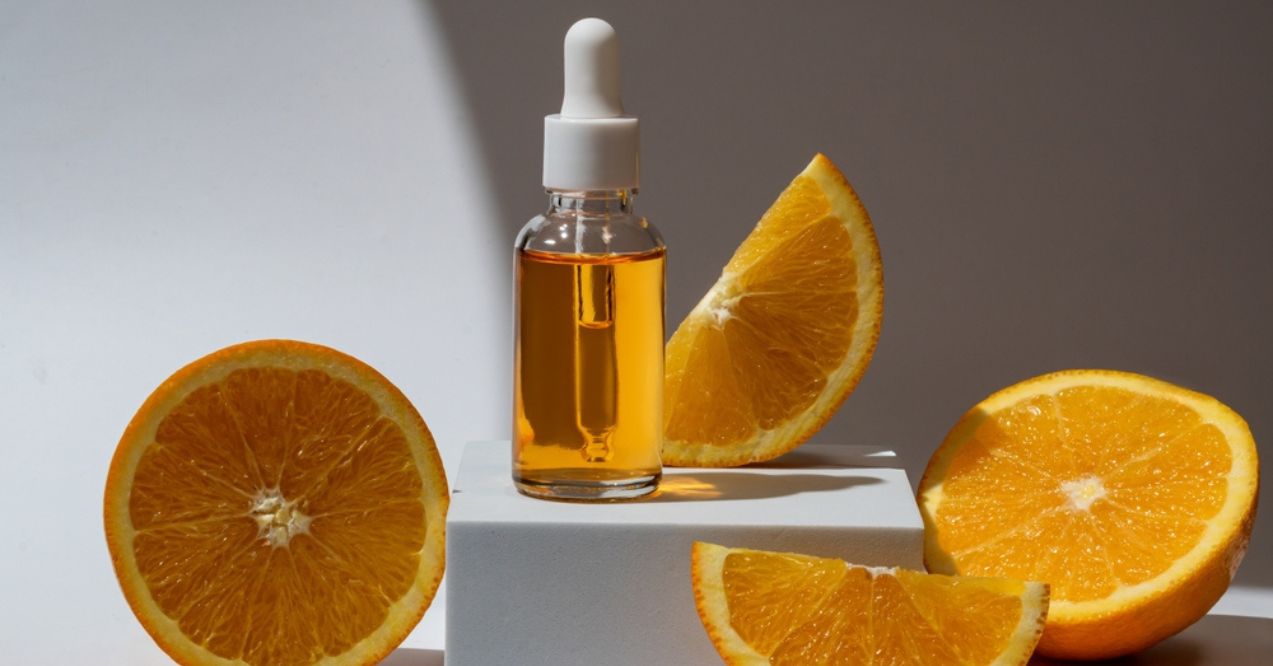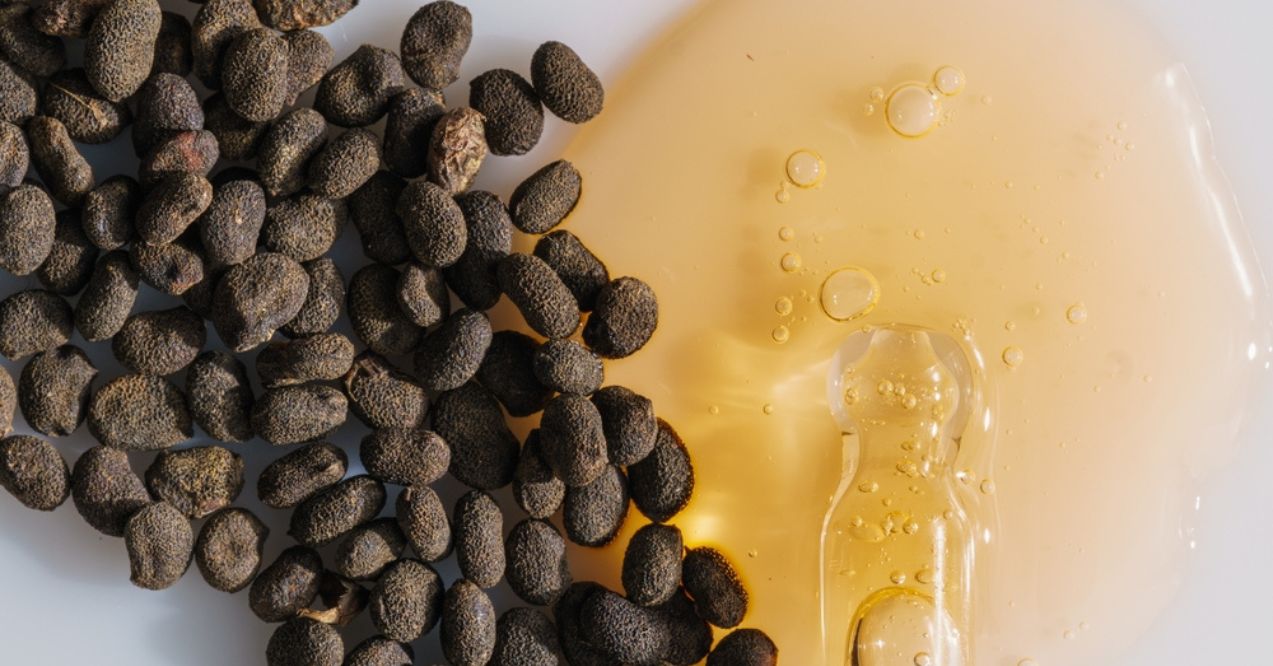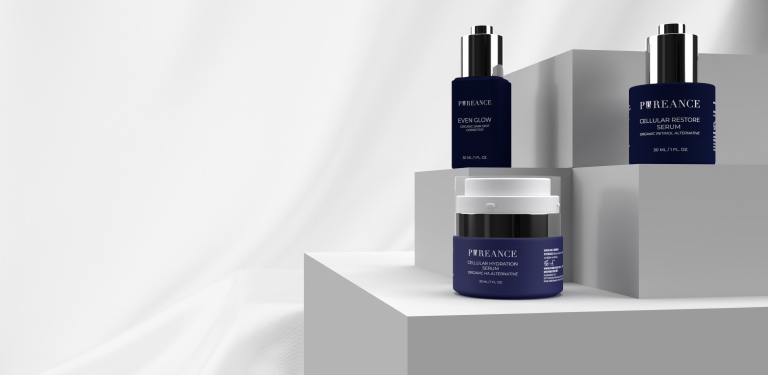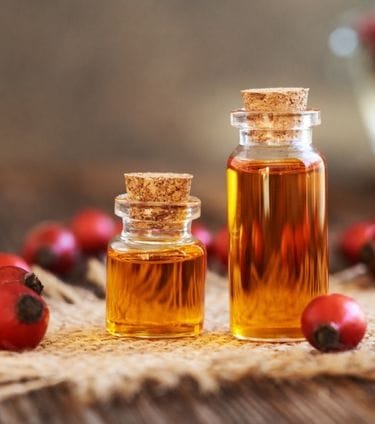


Can Rosehip Oil Cause Breakouts?
If you’ve spent any time exploring natural skincare options, you’ve likely come across rosehip oil. While many skincare enthusiasts praise its glow-inducing properties, others report unexpected breakouts after using it. So what’s the real story – can rosehip oil cause breakouts, or is something else at play?
Let’s dive into why some people experience breakouts while others achieve that coveted radiance when using rosehip oil for acne-prone skin. We’ll explore how to tell if it’s working for you and the best ways to incorporate it into your routine without triggering unwanted reactions.
Key Article Findings
- Your skin type and application method greatly influence whether rosehip oil will cause breakouts.
- Initial skin reactions may be temporary purging rather than true acne.
- The quality and formulation of rosehip oil products matter significantly for skin compatibility.
Why Do Some People Break Out from Rosehip Oil?
Will rosehip oil cause breakouts? The answer isn’t a simple yes or no. While rosehip oil isn’t inherently problematic, several factors can influence how your skin responds to it.
Not every skincare ingredient works for all skin types. Some acne-prone complexions might not tolerate oils well, even lightweight ones like rosehip. Your skin’s natural oil production levels play a key role in determining compatibility.
Using too much product or applying it incorrectly may lead to congestion negating all rosehip oil for face benefits. Even beneficial oils need proper application techniques to work effectively. Think of it like watering a plant – the right amount helps it thrive, while too much can cause problems.
The purity and extraction method of rosehip seed oil can impact its effects on your skin. Look for cold-pressed, unrefined options from reputable brands to minimize the risk of irritation.
Purging vs. Breakouts
When starting any new skincare product, it’s vital to distinguish between purging and genuine breakouts. Purging occurs when an ingredient accelerates skin cell turnover, leading to temporary blemishes. This process typically resolves within 4-6 weeks.
True breakouts, however, persist beyond this timeframe and often appear in areas where you don’t usually experience acne. They may also be accompanied by irritation or discomfort.
Signs of Purging
- Appears in usual breakout areas
- Clears up within 4-6 weeks
- Skin looks better afterward
Signs of True Breakouts
- Appears in new areas
- Persists beyond 6 weeks
- Accompanied by irritation
Too Heavy for Some Skin Types?
While rosehip oil has a relatively lightweight texture, it’s still an oil. For some skin types, particularly those prone to congestion, this might be too rich. Your skin’s response can vary based on several factors:
- Oily Skin – Start with minimal amounts (1-2 drops) mixed into your regular moisturizer. Apply only at night and skip days initially to see how your skin responds. If you notice increased shine or congestion, try using it just 2-3 times per week or switch to a lighter formula.
- Dry Skin – Your skin typically welcomes the nourishing properties of rosehip oil. You can use 3-4 drops directly on slightly damp skin, both morning and night. Focus on particularly dry areas, and layer a moisturizer over top to seal in the benefits.
- Combination Skin – Take a strategic approach by mapping your face’s needs. Apply a single drop to dry areas (usually cheeks and outer face) while using a lighter hand or skipping entirely on your T-zone. Evening application often works best, as you can monitor how your different skin zones react overnight.
Will Rosehip Seed Oil Cause Acne?
Is rosehip oil good for acne? The answer lies in its composition. Rosehip oil contains beneficial compounds that can actually help balance skin:
- Linoleic acid helps regulate oil production
- Natural vitamin A provides gentle exfoliation
- Antioxidants support skin barrier function
However, these same components might cause temporary purging or irritation in sensitive individuals. The key is introducing the oil gradually and monitoring your skin’s response.
Irritation Instead of Acne
Sometimes what appears to be breakouts might actually be irritation. Look for these signs to differentiate:
Acne
- Forms deeper under the skin’s surface
- Develops gradually over several days
- Often appears as larger, tender bumps
- Usually concentrated in your typical breakout zones
- May leave marks or texture changes as it heals
Irritation
- Appears quickly after product application
- Creates tiny, uniform bumps or rough patches
- Often accompanied by itching or slight burning
- Can spread evenly across application areas
- Generally subsides once you stop using the product
How to Apply Rosehip Oil Safely
To minimize the risk of breakouts, follow these application guidelines:
- Start with freshly cleansed, damp skin
- Use only 2-3 drops for your entire face
- Pat gently, don’t rub
- Allow proper absorption time
- Layer correctly with other products
Who Should Avoid Rosehip Oil?
While rosehip oil offers numerous benefits, certain individuals should approach it with caution:
- Those with severely congested skin
- People experiencing active breakouts
- Individuals using multiple active ingredients like vitamin A derivatives, daily exfoliating acids (like glycolic or salicylic), high-concentration vitamin C serums
- Those with extremely sensitive skin
Stop using rosehip oil if you notice:
- Persistent breakouts beyond 4 weeks
- Increased skin sensitivity
- Unusual redness or irritation
- Burning or stinging sensations
Conclusion
Whether rosehip oil becomes your skin’s best friend or foe largely depends on your skin type, application method, and product quality. While some may experience temporary purging, others might need to explore alternative options. Listen to your skin’s response and adjust accordingly. With proper introduction and application, many people can enjoy the benefits of this natural oil without unwanted breakouts.
Rosehip oil doesn’t inherently cause breakouts, but reactions vary by skin type. Success depends on proper application (2-3 drops maximum), product quality, and your skin’s natural oil balance. Some may experience temporary purging during initial use.
Rosehip oil contains natural fatty acids and antioxidants that can help with skin texture and tone over time. While it may support the skin’s natural renewal process, results vary by individual and scar type.
Yes, some people may experience irritation rather than true breakouts. Signs include immediate redness, tiny uniform bumps across application areas, and slight itching or burning that subsides when use stops.
Night application is optimal as it allows better absorption without interference from sunlight or other skincare products. If your skin tolerates it well, you can use it in the morning under sunscreen.
This site offers health, wellness, fitness and nutritional information and is designed for educational purposes only. You should not rely on this information as a substitute for, nor does it replace, professional medical advice, diagnosis, or treatment. If you have any concerns or questions about your health, you should always consult with a physician or other health-care professional. Do not disregard, avoid or delay obtaining medical or health related advice from your health-care professional because of something you may have read on this site. The use of any information provided on this site is solely at your own risk.
Nothing stated or posted on this site or available through any services are intended to be, and must not be taken to be, the practice of medical or counseling care. For purposes of this agreement, the practice of medicine and counseling includes, without limitation, psychiatry, psychology, psychotherapy, or providing health care treatment, instructions, diagnosis, prognosis or advice.
